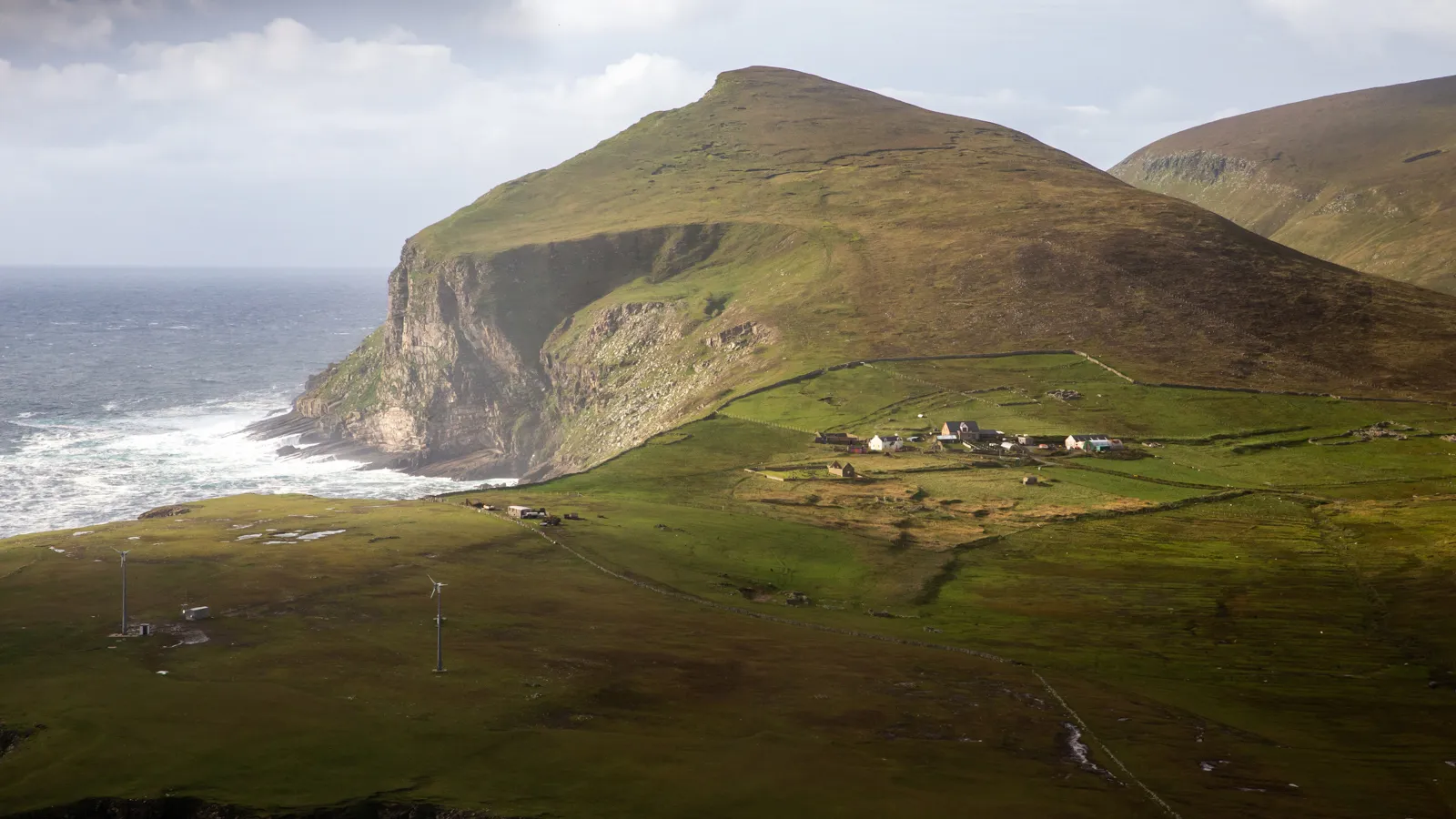
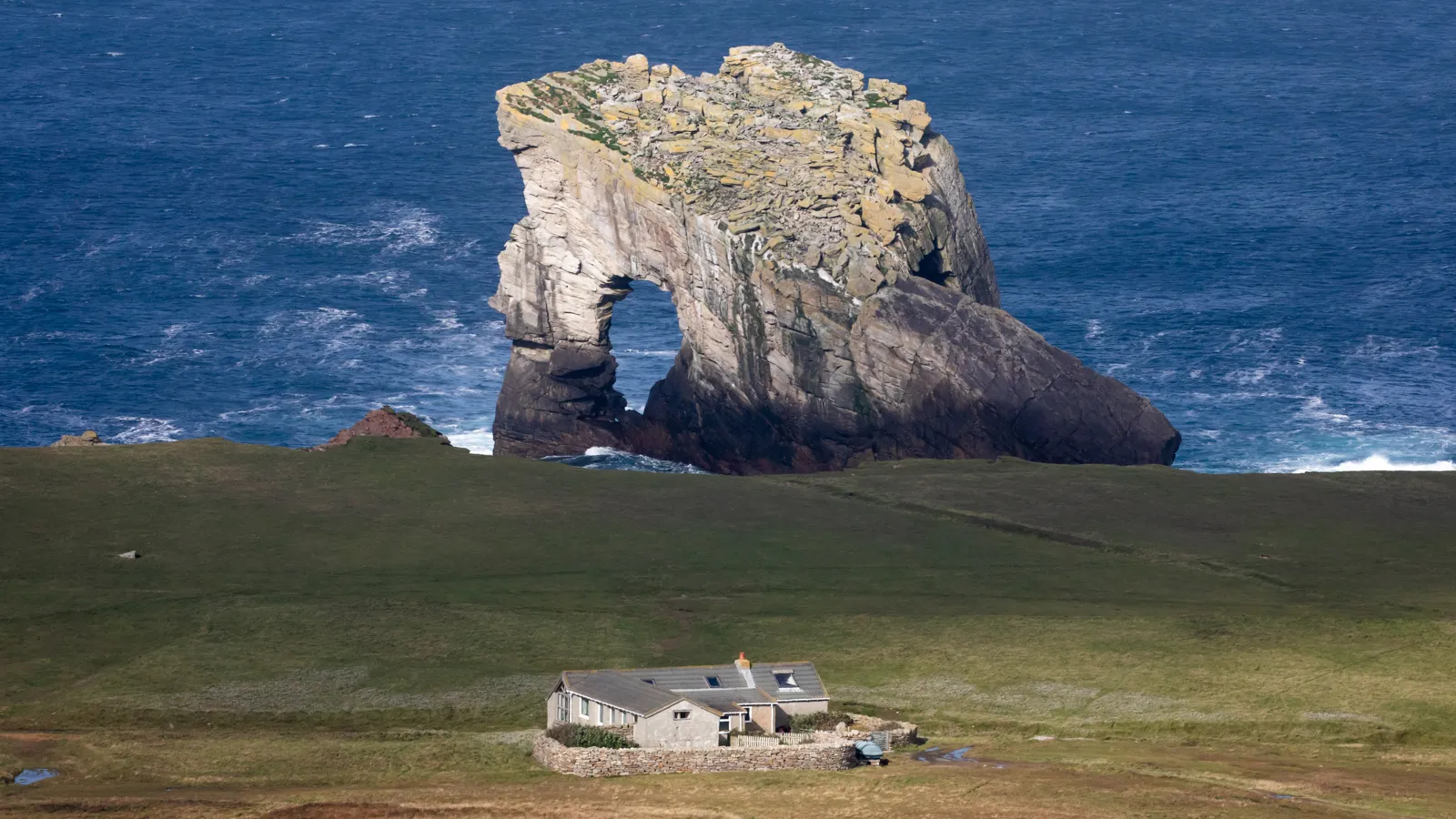
I learned several new words during my time in Shetland, the distant island chain drifting between Scotland and Norway. One of them was equinoctial. It means "of or relating to the equinox". It is frequently used to describe equinoctial gales, which can feel relentless this far north when the seasons change in spring and autumn. In a place as exposed to the elements as Shetland, they can be definitive; on its most distant island of Foula, they can act as a sort of gatekeeper.
"Things are likely to get pretty entertaining," said pilot Marshall Wishart as we boarded his BN-2B Islander to fly from the airport outside Shetland's largest town, Lerwick, to the airstrip on Foula, 31 miles west. Our departure had already been delayed by the gales for many hours and for a time the forecast said that no flying would be possible for several days. Instead, however, half-an-hours' notice was given to scramble to the airport and make a narrow weather window.
In a year dominated by domestic travel, Foula has perhaps been the most extreme option available to Brits. Sometimes referred to as Ultima Thule – Latin bywords for extremely remote destinations – it is said to be the most remote inhabited British island, reached by an unpredictable ferry or the frequently hectic 17-minute flight from the Shetland Mainland. Travel due west beyond it and there is nothing but the tumultuous North Atlantic until the east coast of Greenland.
On the day I flew, the equinoctial gales were strong enough to decapitate any white horses forming below. By that point in early October, the island's ferry hadn't sailed for a couple of weeks and wasn't expected to try again for several more. This meant that the 30 or so permanent residents on the island depended wholly on the vagaries of light aircraft to bring them supplies. "It could be like this until the next equinox really," said Sheila Gear, Foula resident of almost 60 years. "It's only really late April or May that the wind finally stops. You have to be well-stocked, but you're used to it if you live here."
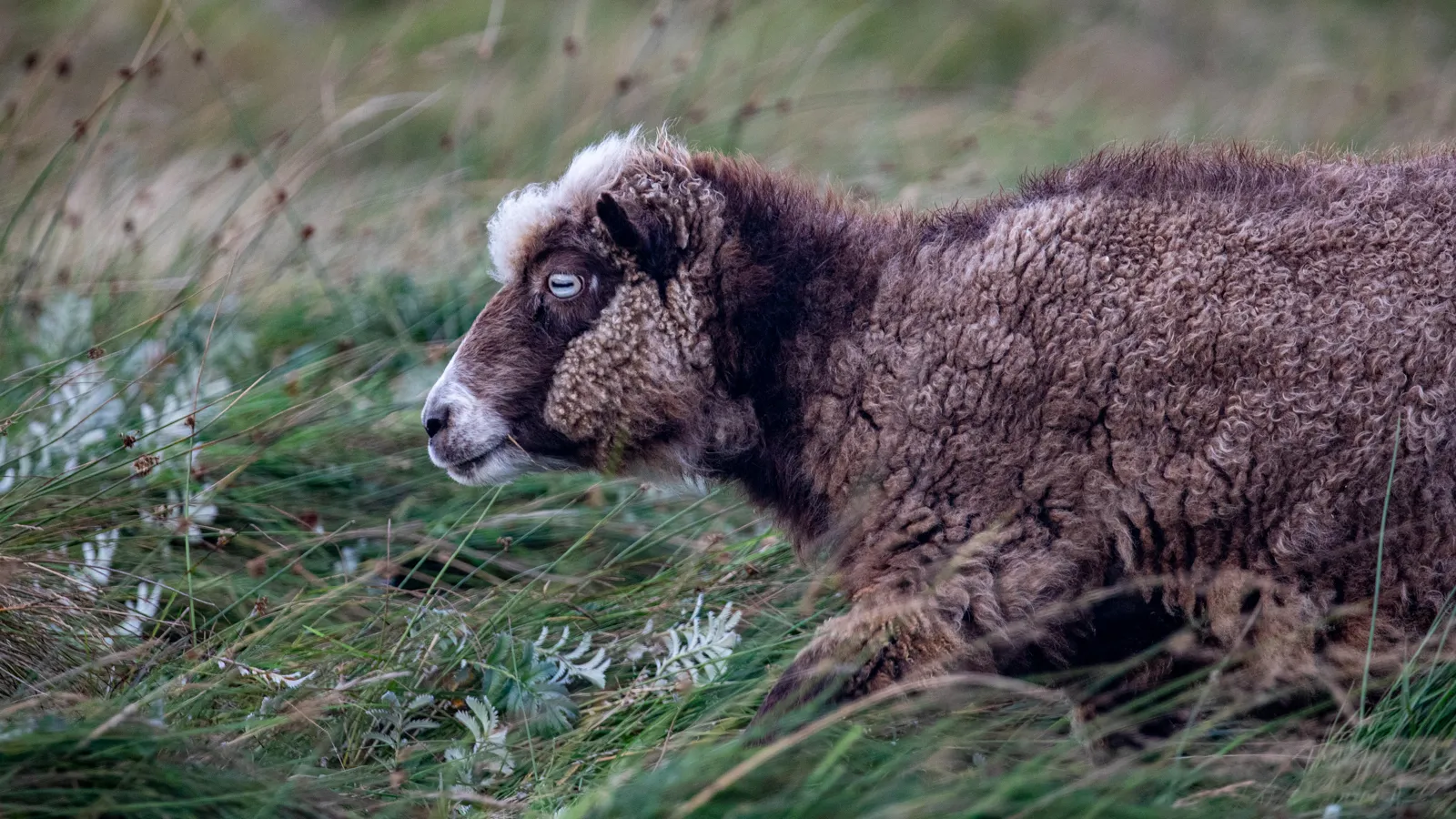 Hardy Foula sheep roam the island along with Shetland ponies (Credit: Jamie Lafferty)
Hardy Foula sheep roam the island along with Shetland ponies (Credit: Jamie Lafferty)
#Foula #Shetland #UK #rough #island #sheep #nature #hardiness

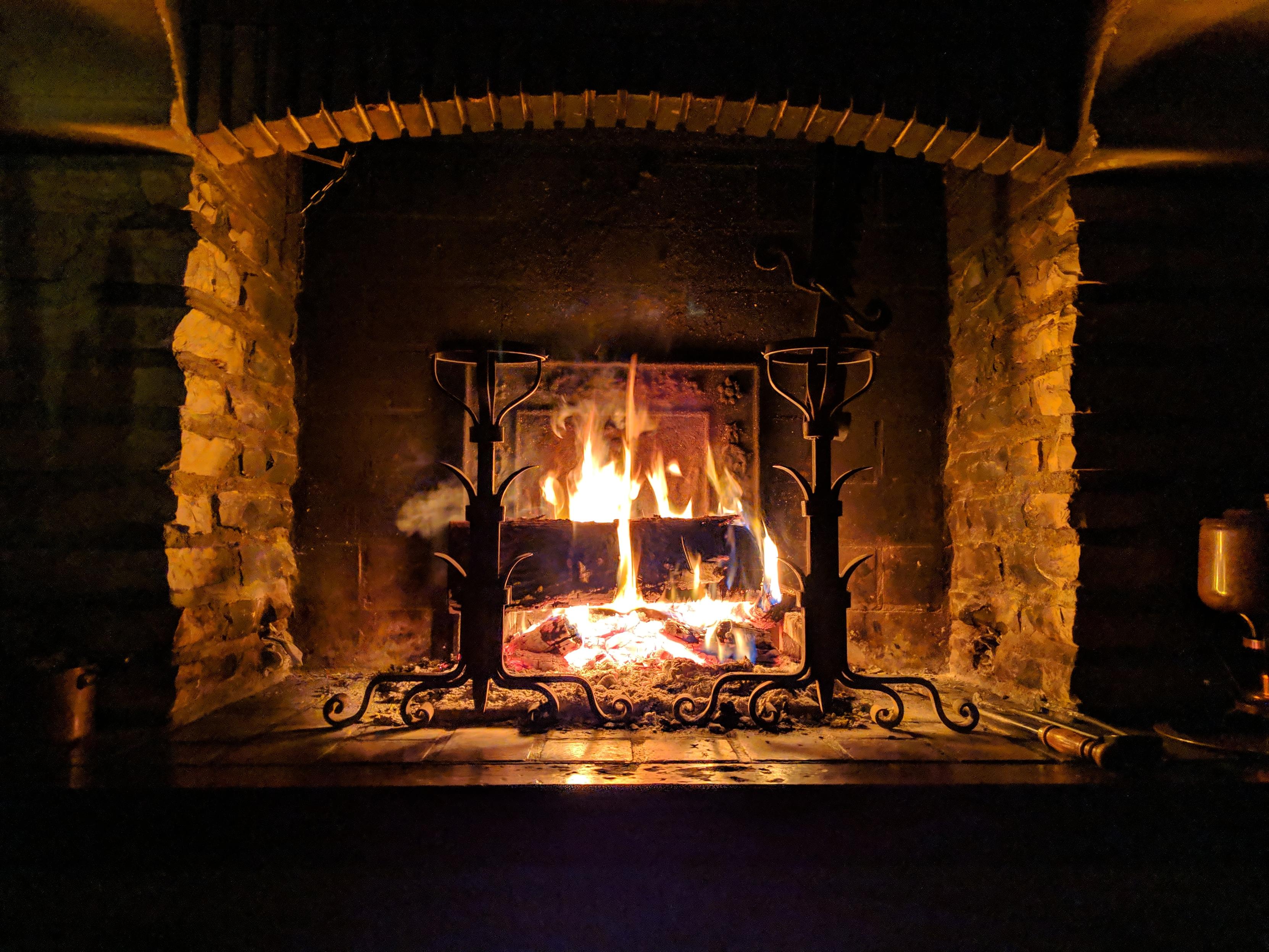


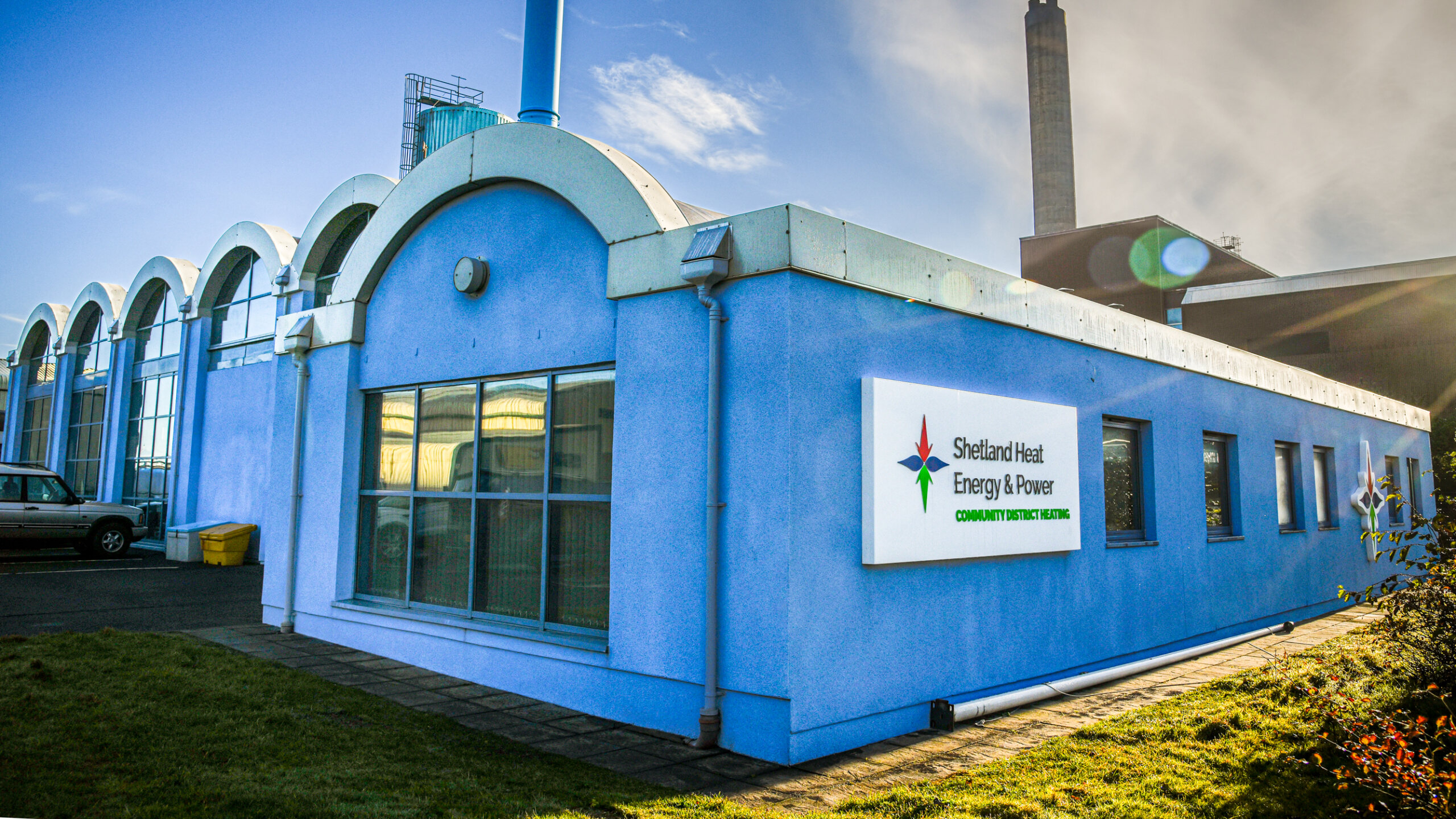

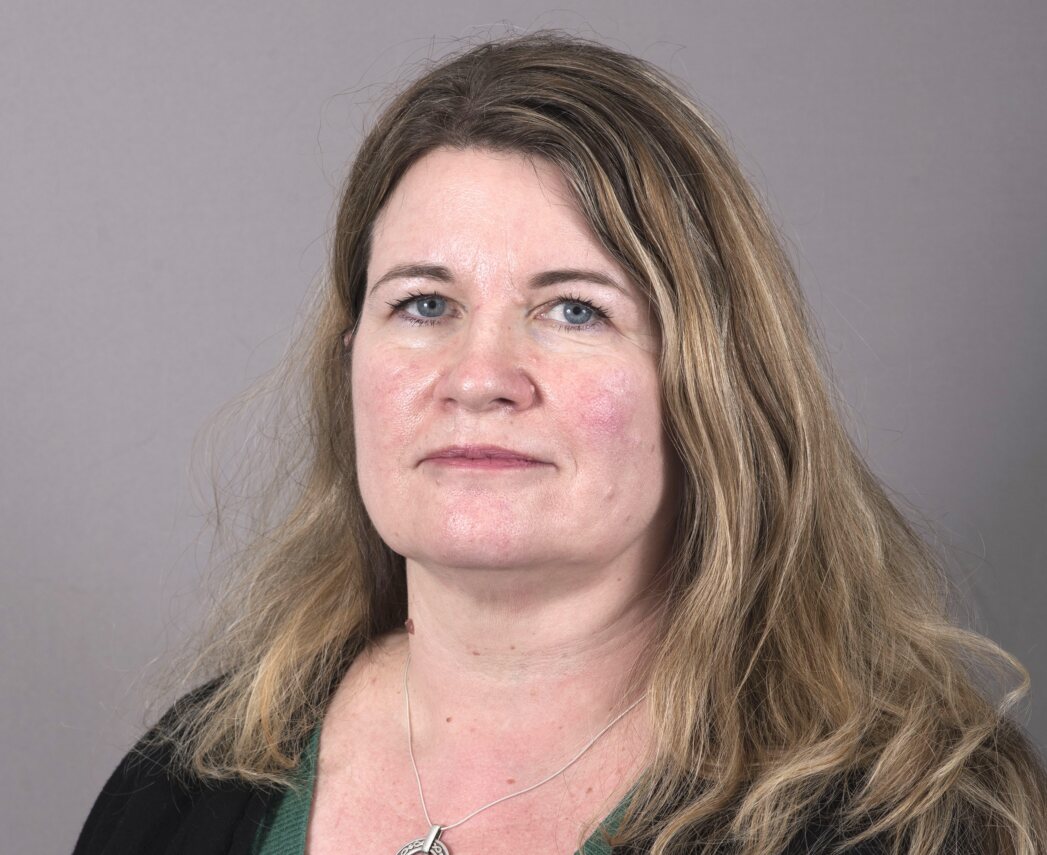



 Hardy Foula sheep roam the island along with Shetland ponies (Credit: Jamie Lafferty)
Hardy Foula sheep roam the island along with Shetland ponies (Credit: Jamie Lafferty)